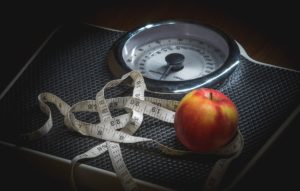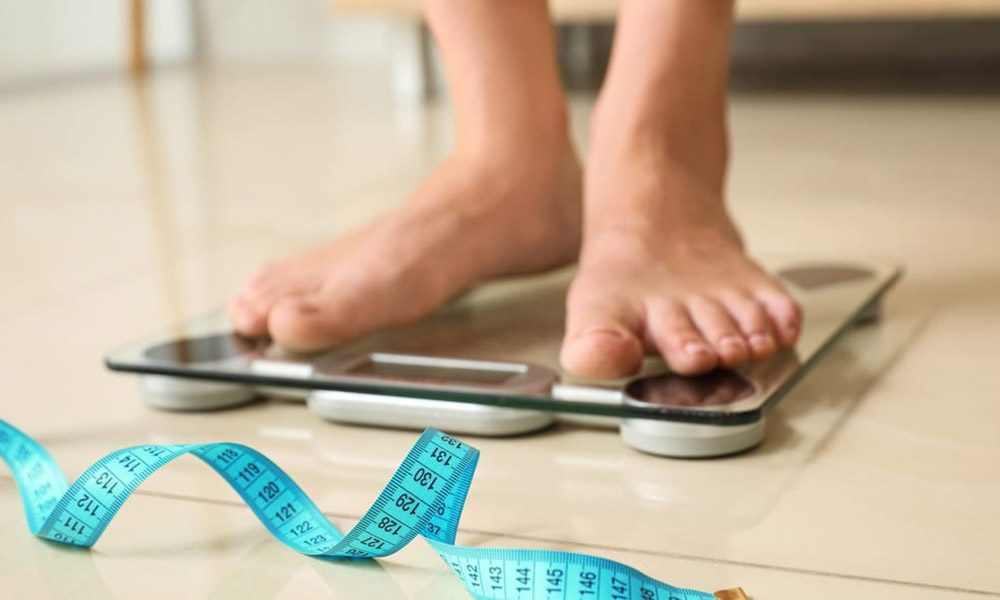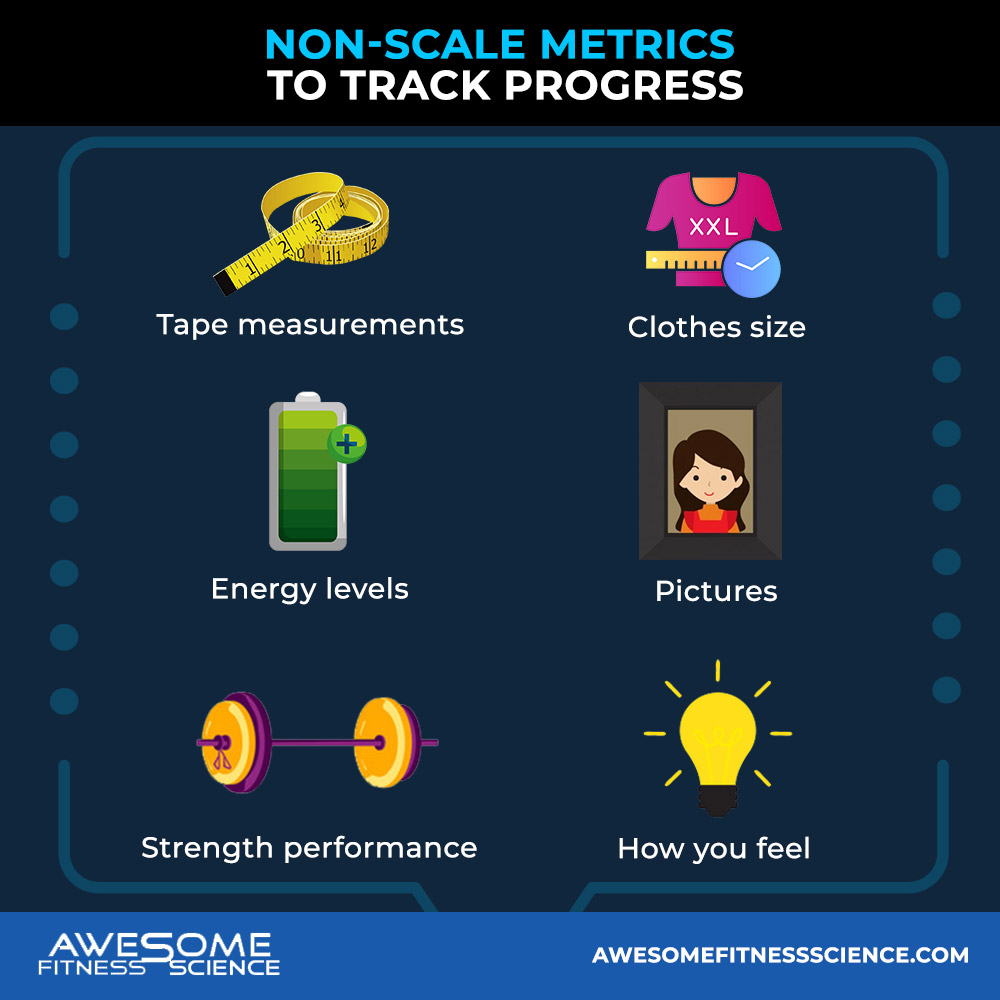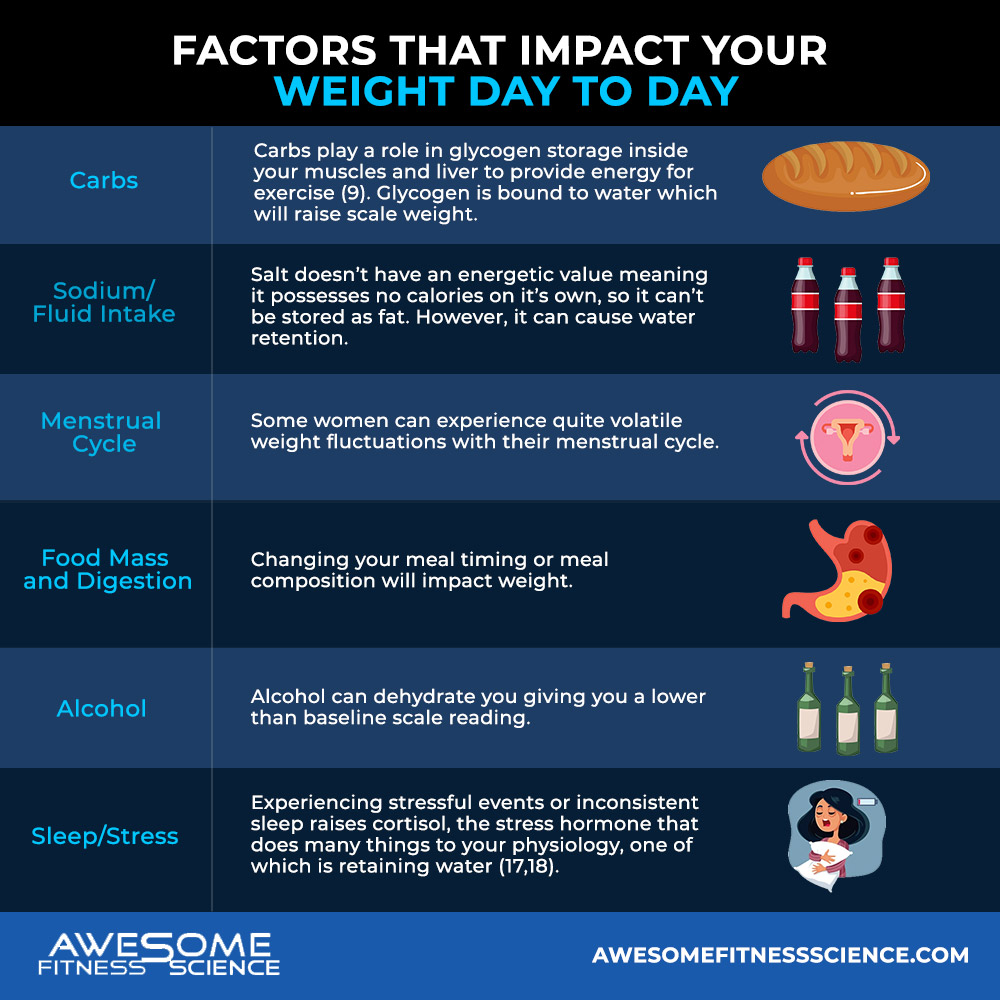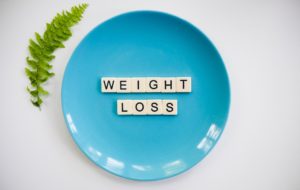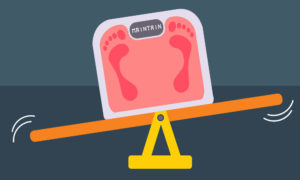1.
Benn, Yael, et al. “What Is the Psychological Impact of
Self-Weighing? A Meta-Analysis.” Health Psychology Review, Routledge,
June 2016, https://www.ncbi.nlm.nih.gov/pmc/articles/PMC4917920/.
2.
Pacanowski, C R, et al. “Self-Weighing: Helpful or
Harmful for Psychological Well-Being? A Review of the Literature.” Current
Obesity Reports, U.S. National Library of Medicine, Mar. 2015,
https://www.ncbi.nlm.nih.gov/pmc/articles/PMC4729441/.
3.
B;, Willage. “The Effect of Weight on Mental Health:
New Evidence Using Genetic IVS.” Journal of Health Economics, U.S.
National Library of Medicine, https://pubmed.ncbi.nlm.nih.gov/29289809/.
4.
Hahn, Samantha L, et al. “Self-Weighing among Young
Adults: Who Weighs Themselves and for Whom Does Weighing Affect Mood? A
Cross-Sectional Study of a Population-Based Sample.” Journal of Eating
Disorders, BioMed Central, 10 Mar. 2021,
https://www.ncbi.nlm.nih.gov/pmc/articles/PMC7945352/.
5.
Gorin . “Eating Pathology and Psychological Outcomes in
Young Adults in Self-Regulation Interventions Using Daily Self-Weighing.” Health
Psychology : Official Journal of the Division of Health Psychology, American
Psychological Association, U.S. National Library of Medicine,
https://pubmed.ncbi.nlm.nih.gov/30550313/.
6.
Steinberg, Dori M, et al. “Weighing Every Day Matters:
Daily Weighing Improves Weight Loss and Adoption of Weight Control Behaviors.” Journal
of the Academy of Nutrition and Dietetics, U.S. National Library of
Medicine, Apr. 2015, https://www.ncbi.nlm.nih.gov/pmc/articles/PMC4380831/.
7.
Leaf, Alex, and Jose Antonio. “The Effects of
Overfeeding on Body Composition: The Role of Macronutrient Composition – A
Narrative Review.” International Journal of Exercise Science, Berkeley
Electronic Press, 1 Dec. 2017,
https://www.ncbi.nlm.nih.gov/pmc/articles/PMC5786199/.
8.
The Water in You: Water and the Human Body,
https://www.usgs.gov/special-topic/water-science-school/science/water-you-water-and-human-body?qt-science_center_objects=0#qt-science_center_objects.
9.
Berg, Jeremy M. “Glycogen Metabolism.” Biochemistry.
5th Edition., U.S. National Library of Medicine, 1 Jan. 1970,
https://www.ncbi.nlm.nih.gov/books/NBK21190/.
10. E;,
Capuano. “The Behavior of Dietary Fiber in the Gastrointestinal Tract
Determines Its Physiological Effect.” Critical Reviews in Food Science and
Nutrition, U.S. National Library of Medicine,
https://pubmed.ncbi.nlm.nih.gov/27229126/.
11. Ribeiro
. “Resistance Training Promotes Increase in Intracellular Hydration in Men and
Women.” European Journal of Sport Science, U.S. National Library of
Medicine, https://pubmed.ncbi.nlm.nih.gov/24471859/.
12. Rose,
C, et al. “The Characterization of Feces and Urine: A Review of the Literature
to Inform Advanced Treatment Technology.” Critical Reviews in Environmental
Science and Technology, Taylor & Francis, 2 Sept. 2015,
https://www.ncbi.nlm.nih.gov/pmc/articles/PMC4500995/.
13. Ke;,
Roberts. “Mechanism of Dehydration Following Alcohol Ingestion.” Archives of
Internal Medicine, U.S. National Library of Medicine,
https://pubmed.ncbi.nlm.nih.gov/14044808/.
14. B;,
Irwin. “The Effects of Dehydration, Moderate Alcohol Consumption, and
Rehydration on Cognitive Functions.” Alcohol (Fayetteville, N.Y.), U.S.
National Library of Medicine, https://pubmed.ncbi.nlm.nih.gov/23352231/.
15. RJ;,
Shirreffs. “Restoration of Fluid Balance after Exercise-Induced Dehydration:
Effects of Alcohol Consumption.” Journal of Applied Physiology (Bethesda,
Md. : 1985), U.S. National Library of Medicine,
https://pubmed.ncbi.nlm.nih.gov/9338423/.
16. Polhuis,
Kristel C M M, et al. “The Diuretic Action of Weak and Strong Alcoholic
Beverages in Elderly Men: A Randomized Diet-Controlled Crossover Trial.” Nutrients,
MDPI, 28 June 2017, https://www.ncbi.nlm.nih.gov/pmc/articles/PMC5537780/.
17. JC;,
McLean. “Cognitive Dietary Restraint Is Associated with Higher Urinary Cortisol
Excretion in Healthy Premenopausal Women.” The American Journal of Clinical
Nutrition, U.S. National Library of Medicine, https://pubmed.ncbi.nlm.nih.gov/11124742/.
18. EA;,
Espiner. “The Effects of Stress on Salt and Water Balance.” Bailliere’s
Clinical Endocrinology and Metabolism, U.S. National Library of Medicine,
https://pubmed.ncbi.nlm.nih.gov/3327497/.
19. R;,
Chao. “Food Cravings Mediate the Relationship between Chronic Stress and Body
Mass Index.” Journal of Health Psychology, U.S. National Library of
Medicine, https://pubmed.ncbi.nlm.nih.gov/26032789/.
20. Chao
. “Stress, Cortisol, and Other Appetite-Related Hormones: Prospective Prediction
of 6-Month Changes in Food Cravings and Weight.” Obesity (Silver Spring,
Md.), U.S. National Library of Medicine,
https://pubmed.ncbi.nlm.nih.gov/28349668/.
21. Yau,
Y H C, and M N Potenza. “Stress and Eating Behaviors.” Minerva
Endocrinologica, U.S. National Library of Medicine, Sept. 2013,
https://www.ncbi.nlm.nih.gov/pmc/articles/PMC4214609/.
22. MJ;,
Kutz. “Creatine Monohydrate Supplementation on Body Weight and Percent Body
Fat.” Journal of Strength and Conditioning Research, U.S. National
Library of Medicine, https://pubmed.ncbi.nlm.nih.gov/14636103/.
23. JR;,
Francaux. “Effects of Training and Creatine Supplement on Muscle Strength and
Body Mass.” European Journal of Applied Physiology and Occupational
Physiology, U.S. National Library of Medicine, https://pubmed.ncbi.nlm.nih.gov/10408330/.
